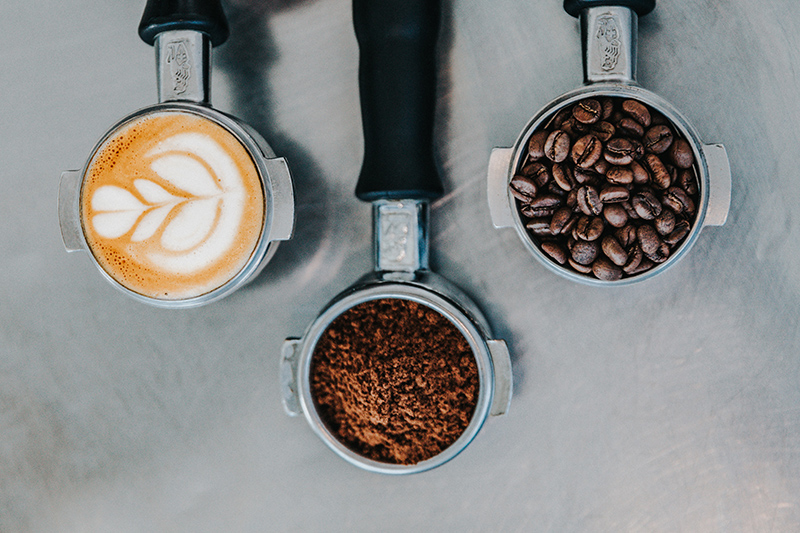By Anissa Pomiès and Zeynep Arsel
Some people who love classical music also dance to Celine Dion. Others are craft beer aficionados who also enjoy a cold bottle of mass market beer at the beach. Some love independent movies while indulging in the guilty pleasure of blockbuster franchises and “trashy” reality TV.
Social scientists call these people “cultural omnivores.” Research has shown that these omnivores are economically and culturally privileged people who can enjoy both “highbrow” and “lowbrow” cultural products simultaneously.
France has a well-established coffee culture. Paris’ first cafés opened in the 17th century. Today, cafés are sociable places that welcome people from various social classes. When customers ask for a coffee (usually the cheapest drink on the menu), the waiters bring them a bitter espresso that many would call bad. But despite the coffee’s quality, cafés still remain as important cultural institutions.
Over the last decade, many speciality coffee shops have opened in France. Unlike the traditional cafés, these coffee shops use higher quality coffee beans, roasted by artisans and brewed by trained baristas. The coffee is often twice as expensive as that from traditional cafés.
French consumers who were once satisfied with the taste of café coffee first found speciality coffee unfamiliar. But once they gave it a chance, they understood why it tasted better. Still, surprisingly, they continued to go to traditional cafés.
Speciality coffee professionals establish specific criteria about what good coffee is and how to make it. These include the balance of flavours, aromatic complexity, precision and skill of creating of a cup of coffee. They also include service interactions like the friendliness of the barista and their ability to give clear information about the beans to customers.
Speciality coffee shops also create opportunities to attract customers into their establishment and make them come back. To do this, they play on their curiosity. They might design their space is a unique way or regularly change the coffee beans on offer.
In addition they educate consumers about the formal qualities of coffee and encourage them to see coffee as more than just a caffeine fix or an opportunity to socialiae. To achieve this goal, baristas might present the geographical origin of each coffee, describe its main flavors and explain the difference between brewing methods.
Little by little, consumers come to appreciate coffee like they would a good wine or work of art. They detect the flavours, observe the technical skills of the barista and listen to the information about the origins of beans.
You’d expect that after all this marketing, those who frequent speciality coffee shops would turn their noses up at the coffee sold at traditional cafés. Interestingly, they do not. Cultural omnivores know that “lowbrow” coffee may not be prepared as well or taste as good. However, the taste is not the primary draw.
For them, the traditional café is still a space to enjoy the culture that surrounds it. A space to get a shot of energy and spend time with friends, colleagues and family. Although omnivores can have a lot of enthusiasm for “highbrow” coffee, they keep appreciating the energising and socialising experience of “lowbrow” coffee.
Of course, that duality goes beyond coffee.
Omnivores appreciate highbrow activities as aesthetic forms and lowbrow activities as a way to have fun, socialise and to relax. Switching between different modes of appreciation allows them to form more democratic relationships with different cultural forms and maintain social connections with different social classes.
Anissa Pomiès, Professeur Assistant de Marketing, EM Lyon, and Zeynep Arsel Concordia University Chair in Consumption, Markets, and Society, Concordia University. This article is republished from The Conversation under a Creative Commons licence







Click here to change your cookie preferences